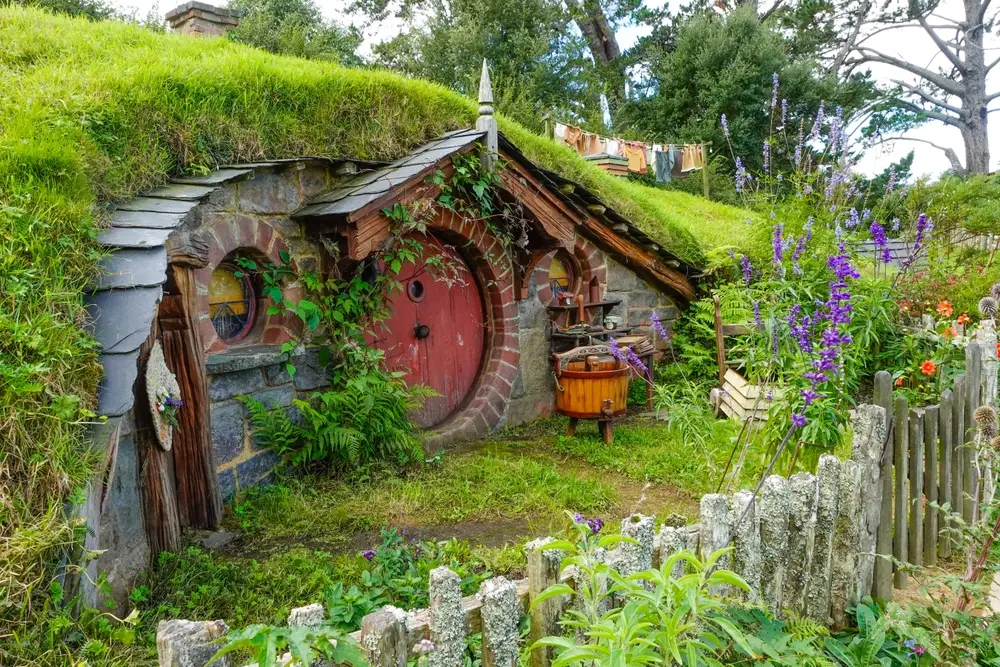The Hobbit works as both Christian allegory and socialist parable because both share similar moral values about justice and fairness. Thorin’s deathbed words—valuing “food and cheer and song above hoarded gold”—perfectly summarise socialist principles. Great stories transcend their authors’ intentions, allowing readers to find their own meaning.
Smaug represents the ultimate capitalist monopolist—hoarding all wealth while producing nothing, creating economic depression across the region. His “Desolation” shows capitalism’s endgame: zero liquidity, no growth, just accumulated capital sitting unused.
Lake-Town represents advanced capitalism under the merchant-class Master, who manipulates democratic sentiment for political gain. When Thorin arrives claiming kingship, popular discontent with economic decline forces the Master to support their hopeless dragon mission—a cheap foreign adventure to distract from domestic problems. His media manipulation through commissioned songs shows how bourgeois democracies co-opt popular resistance movements
The Elven King rules an underground hierarchical society with dungeons, class distinctions and property rights enforced through state coercion. Bilbo’s invisible reconnaissance reveals power structures, developing his political consciousness through dialectical experience as he learns to resist bourgeois illusions about authority.
Mirkwood’s malevolent darkness absorbs light itself,inherent evil rather than mere absence of illumination. It contains Tolkien’s favourite villains, giant spiders.Bilbo’s spider-slaying marks his heroic transformation to someone able to help his fellow travellers.
Beorn controls his own means of production through honey-making and foraging. His Arts and Crafts style hall echoes William Morris’s medieval socialist ideals. He needs to work on how he treats his staff though.
